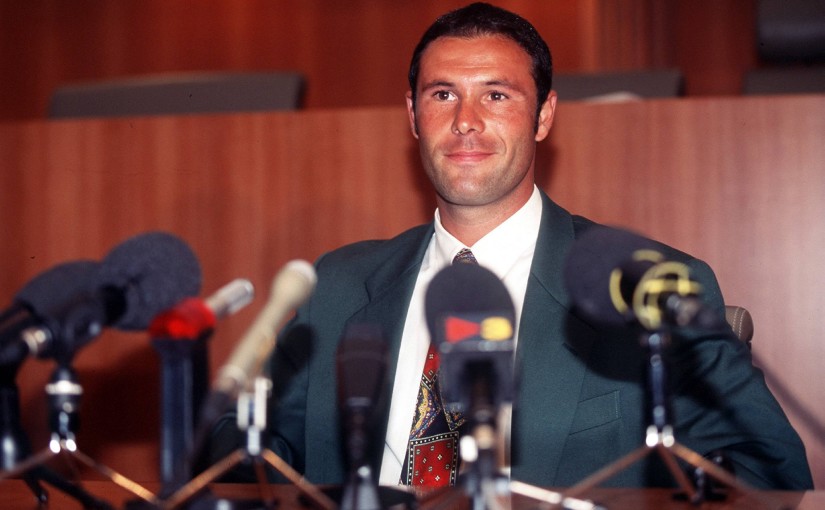By Andrew Warshaw in Amsterdam
December 15 – The head of the international players’ union FIFpro says football is facing its “worst ever crisis” because of the imbalance between rich and poor and has urged his members to stick together to safeguard the sport.
A few weeks ago, in a landmark move, FIFpro lodged an official legal complaint with the European Commission in a move that could overhaul the entire transfer system.
The action has the potential to create the biggest challenge to the status quo since the 1995 Bosman ruling that changed the face of European football.
Tuesday marks the 20th anniversary of that ruling and by co-incidence it is also the 50th anniversary of FIFpro which has opened its doors to the media for a two-day summit to commemorate the occasion.
Opening the Amsterdam sports law congress, FIFPro secretary general Theo van Seggelen told delegates that 2016 would be “a very, very important year” in terms of the complaint to the European Commission.
“It is the biggest challenge since Bosman and FIFpro has all the confidence in the outcome of this complaint,” he said.
FIFpro argues that players are often harshly punished for breaking contracts – sometimes because they simply haven’t been paid – compared to clubs who often get away without penalty.
“It’s quite a milestone to get to 50 years,” van Seggelen later told Insideworldfootball. “But we have to create minimum standards in all players’ contracts. It’s totally insane this hasn’t happened so far. You can say whatever you want about the current transfer system but the fact is it’s 100 years old and the game has changed. Seventy-five percent of the transfers are done in five countries.”
FIFpro wants the transfer window to shut before the start of each league season.
“The soap opera that goes on in the last few weeks of each window give the big clubs an unbelievable advantage,” said van Seggelen. “Anything is better than what we have now. I reject the accusation that we want to kill the transfer system. What we want is a better balance and to create circumstances for players to work normally. Thirty-five percent of our members are not paid on time.”
All eyes were on Bosman himself when he made a symbolic guest appearance at the conference.
In an interview with organisers, the former journeyman Belgian footballer, who by a supreme irony is now unemployed at a time when so many players have got rich fast and taken advantage of his landmark action, said he was proud of fighting for end-of-contract freedom of movement.
“At the start I did not understand the case well myself but as time went on to understand that the system of UEFA and FIFA was archaic and that motivated me to carry on until the end,” he explained.
“The last two years we were nearly sure we were going to win the case. UEFA and FIFA didn’t back down to settle the case; they thought that I would never win and that with political pressure there would never be a verdict in the Bosman case. What it means is that players in the 21st Century have the right to circulate like other workers and are not treated like horses, chickens or cows.
“In many countries players live well but in others they aren’t paid and their contracts aren’t respected. They say the Bosman case was the legal case of the century in sport … (but) no players have contacted me to say thank you. It is difficult to explain to young footballers what the case means. I hope that with the 20th anniversary of the case the media will explain to people what it meant and it will have a positive effect.”
Contact the writer of this story at moc.l1745175623labto1745175623ofdlr1745175623owedi1745175623sni@w1745175623ahsra1745175623w.wer1745175623dna1745175623

